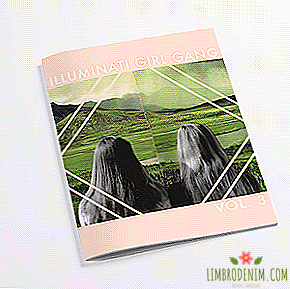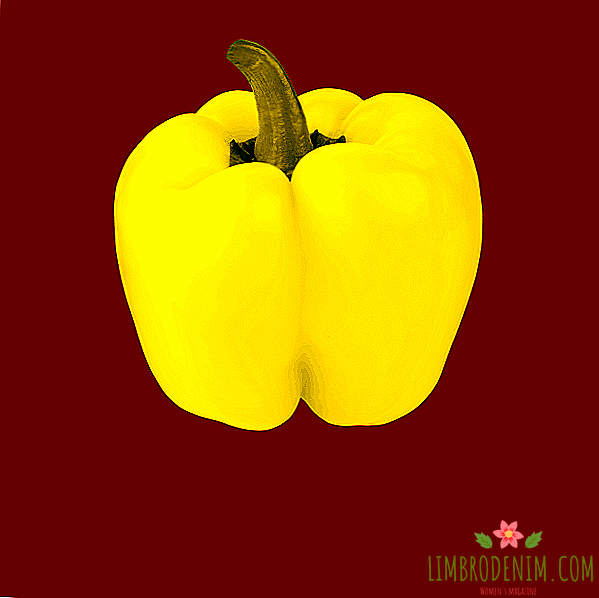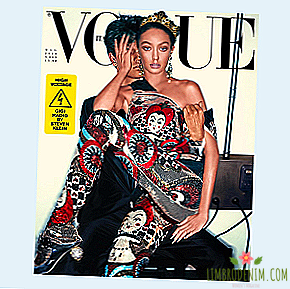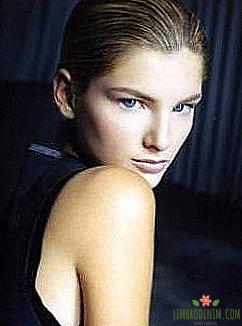"Beauty, bestowed by God": How are the Muslim beauty salons
Ramadan began in May - The holy month of Muslims, which is accompanied by the commission of fasting. But this is not the only time when Islam imposes restrictions on the lifestyle of its followers: combining faith and life is not easy almost all year round. However, special public places have already appeared where Muslims can receive full-fledged services that do not conflict with the canon. Olga Malysheva became a visitor to a beauty salon for Muslim women and told how such places are arranged.

Coloring instead of plucking

Muslim beauty salons in secular cities have long been not uncommon: they are opened in Europe and the United States, and in Russia they can be found in Moscow, St. Petersburg, Kazan - in large cities, where a high percentage of the population is Muslim. In “ordinary” establishments, open to all, it is difficult to carry out sharia procedures: male and female halls are often not closed from each other, cropped hair is not taken to be buried in the ground, and cosmetic compositions may not meet religious requirements. Muslim salons provide services only to women, and among the masters not to meet men - this gives clients the opportunity to care for themselves without worrying about the uncovered body: it is permissible to be in the women's society without religious clothing.
The definition of "Muslim" in the characteristics of the salon means not the restriction for the female audience, but the nature of the services and procedures. Religious norms force Muslim masters not to harm the well-being of customers, so some of the "decorative" options that are in the usual area of beauty services are simply not in the range. For example, plucking eyebrows, since a radical change in their shape is not welcome - instead they offer henna staining to the desired shape and lightening the "unnecessary" hairs. There are no cosmetic procedures in the salon for which products based on synthetic ingredients are used. Beauticians work only on natural formulations - this applies to masks and injections. They use substances that stimulate the synthesis of their own substances in the human body and do not create long-term "artificial" changes - such as retinol, peptides, and acids.

Even in the Muslim beauty salon do not make extensions - no nails, no hair, or anything else. The explanation is simple: Muslims take a bath five times a day. Different types of glue and fixtures for hair and nails do not let water through, and it must necessarily reach the entire surface of the body parts of a Muslim woman. There is another explanation: many Muslims still consider bright female images unacceptable - they are sure that a woman should show her beauty only to her husband. Muslim women who believe in this are not suited for bright manicure and resistant coatings that do not let the water through. Instead, the nails are treated with special polishing.
The rest of the range of salon services is quite wide. Many types of massage (honey, with oils, with banks), spa treatments: infrared sauna, body wraps, scrubbing. Facial skin treatments are quite modern: this is mesotherapy, cleansing and peels, both mechanical and hardware. For depilation they offer shugaring, which came to European salons from the East, another traditional procedure - triling, that is, removal of hair from the face (out of the eyebrows area) with silk thread. There are manicures and pedicures, hair care procedures, keratin straightening, lamination of eyelashes and notorious eyebrows.
Bleeding of the Sunnah

In the Muslim salons practice treatment according to the Sunnah - the Muslim sacred tradition, regulating the lifestyle of believers. And although medicine in general does not deny the achievements of evidence-based medicine — well everything that benefits a person is unconventional treatment is still very popular here.
Olga Malysheva says that only in the Islamic salon she managed to make capillary bloodletting - hijama (alternative medicine procedure, in which an incision is made on the skin, and a vacuum canister is placed on top). "I studied the question, it seemed to me that this procedure would be a panacea for all health problems. Before that, I spent many years with doctors and pills in a permanent" promotion game "." Olga was pleased with the procedure: “A girl named Aisha held me for Hijama. Based on my complaints, she determined her necessity. Later I learned that Aisha was a doctor by training, she converted to Islam at a conscious age; within a few days interested in my general condition. I liked the effect, I decided that I would definitely come again. I repeated the procedure, did the massage; after that, we continued to talk with the salon employees over tea. "
However, with the bloodletting itself there are problems. The evidence base for hijams is very weak, and studies that have noted a certain effectiveness of the method in combination with the use of drugs are characterized by low quality.
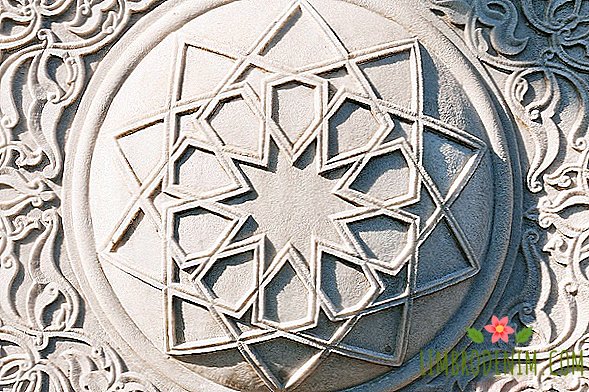
Aesthetic "healing"

Specialists with qualifications work in the salons: among women with medical and cosmetology education there are a lot of those who wear hijab, and they choose a specialized place where religiosity and work do not interfere with each other. Among masseuses and cosmetologists, as a rule, graduates of medical schools with additional courses on their shoulders. For those who provide aesthetic services, the same background as that of women working in social salons: courses and schools. In any case, it is easy to find out if the master has diplomas and certificates. Hygiene in such places is not only a matter of ethics, but also of religion: again, it is a sin to deceive the trust of a client.
According to the stories of employees, about 70% of the clients are Muslim, and the rest are from other religions and atheists. Muslim women come to the salon mainly on the recommendation of girlfriends and relatives. Another client channel is communities in social networks and chat rooms in instant messengers. Olga Malysheva says that people come to this place, including the atmosphere: "Girls come to Muslim beauty studios, including communication. In a large secular city, there are strong customs, so for me such places are cozy islands of rest. Many come first for medical procedures, then make aesthetic. The founder of the salon Esmira told me that the studio initially provided only medical procedures, but then, at the request of the clients, she added aesthetic. The name of the salon, Shafiya, translated from Arabic significant "healing" His idea -. enhance the beauty bestowed by the Almighty. "
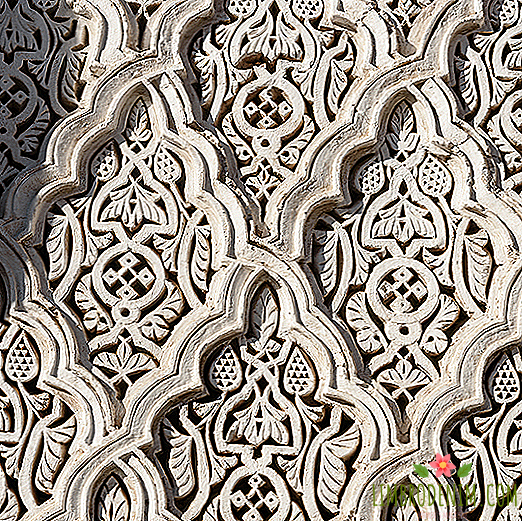
Olga was particularly bribed that in the salon they are served tea with oriental sweets, here is a "family atmosphere", and customers with children are the norm for an institution. Staying in the salon in the women's society, the employees go in white medical coats, going outside - take refuge. The client notes: “The prevailing prejudices about Muslim women are not justified. Employees of the salon live a social life and do not stay in the information vacuum. ".
The issue of payment for services is also resolved in accordance with the canon. For Muslims, lending, that is, the creation of debt, is considered a sin, therefore, in the event of a shortage of money, the client will not be offered to “deposit later”. Olga Malysheva explains: “I saw how several solutions were found that do not coincide with the official price list for services (that is, the price can be reduced). Naturally, this should not be abused, this is a subtle ethical point ".
In the case of Hijama, the formal fixed price is generally only for the instrument, the cans, and the client herself sets the price for the service. Banks and a vacuum gun in a sealed package cost around a thousand rubles and are bought during the first procedure - the client will be able to use them in the next sessions. This approach helps to meet the requirements of the procedures for the sunnah and allows not to lose visitors.
PHOTO: Elena Odareeva - stock.adobe.com, Javi Martin - stock.adobe.com, Zurainie - stock.adobe.com, olezzo - stock.adobe.com

